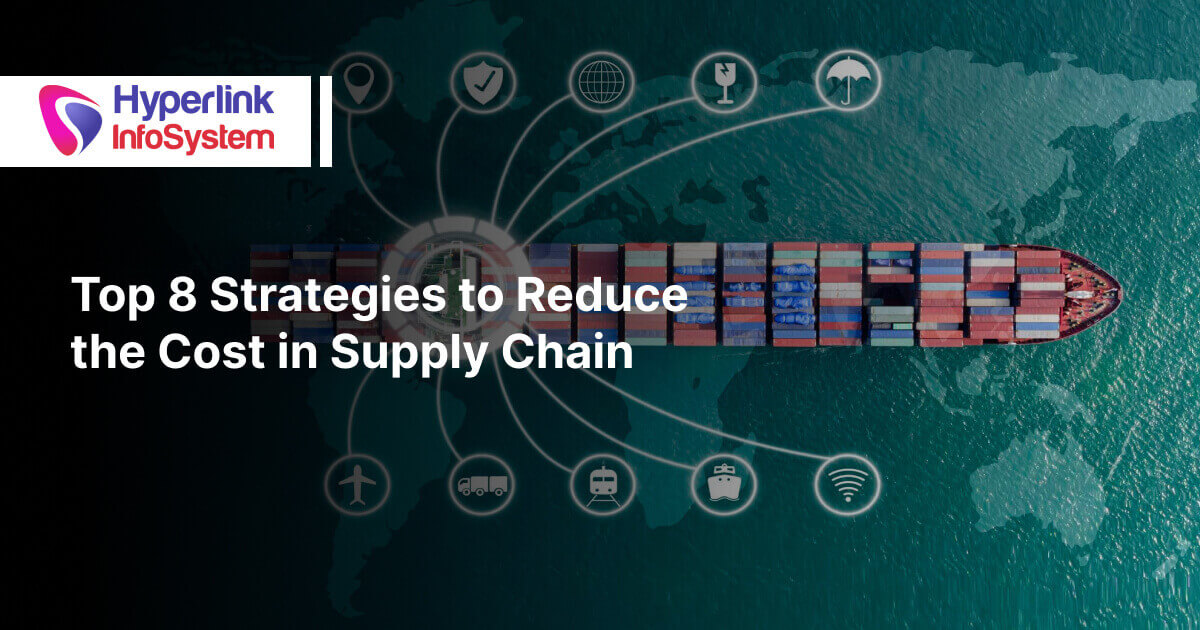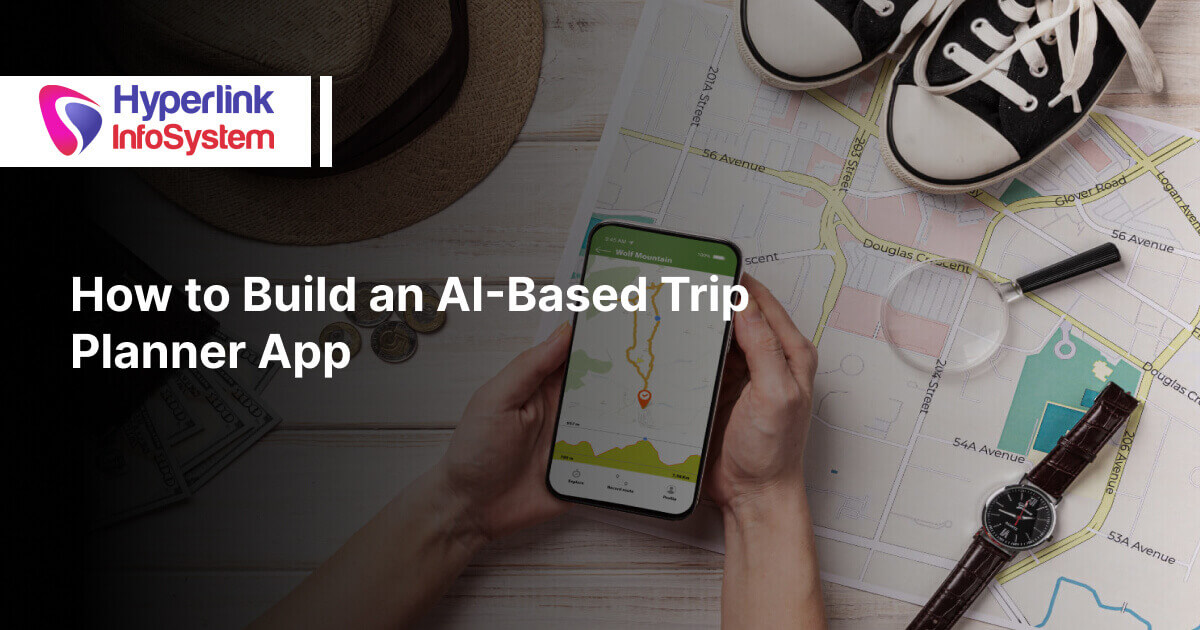Every application, unless it is a one-page application, must have navigation that allows users to navigate between screens, enter information, and respond to events.
It doesn't matter if you are using navigation controllers, modal view controllers, or something else, it can be quite tricky to organize your navigation properly without driving yourself into a corner. Most often, it turns out that view controllers are tightly interconnected and pull dependencies throughout the application.
Mobile apps make our life easier - we can shop, order food from a restaurant, read news, check the weather. They serve us as a business diary, organizer, help us keep a personal diary, monitor our health, read a book, etc. Today, apps help people make banking transactions, pay for purchases, bills, and book seats and tickets. Thus, users prefer to use iOS and Android mobile apps to interact with companies. For the development of an excellent mobile app in Atlanta, contact us at Hyperlink Infosystem. We are a leading mobile app development company with an extensive portfolio.
Android Development vs. iOS Development
One of the most fundamental questions at the beginning of app development is the question of which platform the app should be developed for. The question doesn’t have a general answer.
Both systems have their advantages and disadvantages. I f the budget is sufficient, the development for iOS & Android represents the ideal case. You achieve the greatest possible reach on the app market.
The Main Differences Between Android & iOS
The biggest difference between native Android & iOS apps is the programming language used. iOS apps are created in the Xcode IDE. This development environment is specially designed for the Swift and Objective-C programming languages, but also supports C and C ++. Other programming languages such as Java or Ruby can also be integrated, but this involves some effort.
In Contrast To This Is The Android Development.
Android offers the developer a little more freedom. The Android Software Development Kit is required to develop an Android app. This is supplied with the “Android Studio” development environment, but can also be downloaded separately. The most used programming language for Android apps is Java. But C ++ or Ruby are also often used.
Android is found on a wide variety of devices and there are different and modified versions of Android in circulation than of iOS. Creating an Android app involves more effort than developing an iOS app, this is due to the variety of devices and versions.
Development Cost
The costs for iOS development and Android development also differ. The cost is generally higher in Android development. The reason for this is the variety of devices and versions. While iOS is the more stable system, there are countless modified Android versions, which ideally you want to cover all of them. The update requirement on the part of Apple also ensures that the majority of iOS devices run on the latest iOS versions.
The System To Use
Although the larger number of Android users is addressed by an Android app, it is clear that significantly higher sales are achieved through in-app purchases with an iOS, as the willingness of iOS users to make purchases is much higher than that of Android users.
Different types of mobile app
This is usually the first question that the developers ask the clients before the creation of mobile app. This allows them to begin to identify the project and then ask the right questions. It is difficult for a mobile application developer to ask the right questions when the project direction remains too vague. Vague answers unfortunately lead to vague questions and vague prices.
Marketplace
The marketplace is aptly named since it is deals with connecting audiences in a mobile application. The mobile application plays the role of intermediary.
E-commerce
Launching a mobile application in the e-commerce sector seems mandatory when your e-commerce website is profitable and your statistics on google analytics indicate a strong mobile audience. It is therefore time to find out about the cost of creating and developing your mobile application to build customer loyalty and to support the growth of your digital activity. The price of the mobile application is a calculation between the forecast turnover and the expected return on investment.
Social Network
The most popular mobile applications are social media type mobile applications. The very essence of their concepts is to promote the social bond between individuals. Share your adventures, emotions, meet, and discuss. Many concepts have been tested and some have survived to become digital giants. In recent years, very few new players have succeeded in a sector with enormous dominance.
Utility
Utility-type mobile applications are mobile applications that still have a bright future because they cover as many uses as businesses, niches, existing micro markets. These are applications that are an extension of existing services that attempt to migrate from their older state to a digital state. The term digital transformation finds all its meaning here.
 +1 309 791 4105
+1 309 791 4105















































 +91 8000 161161
+91 8000 161161
